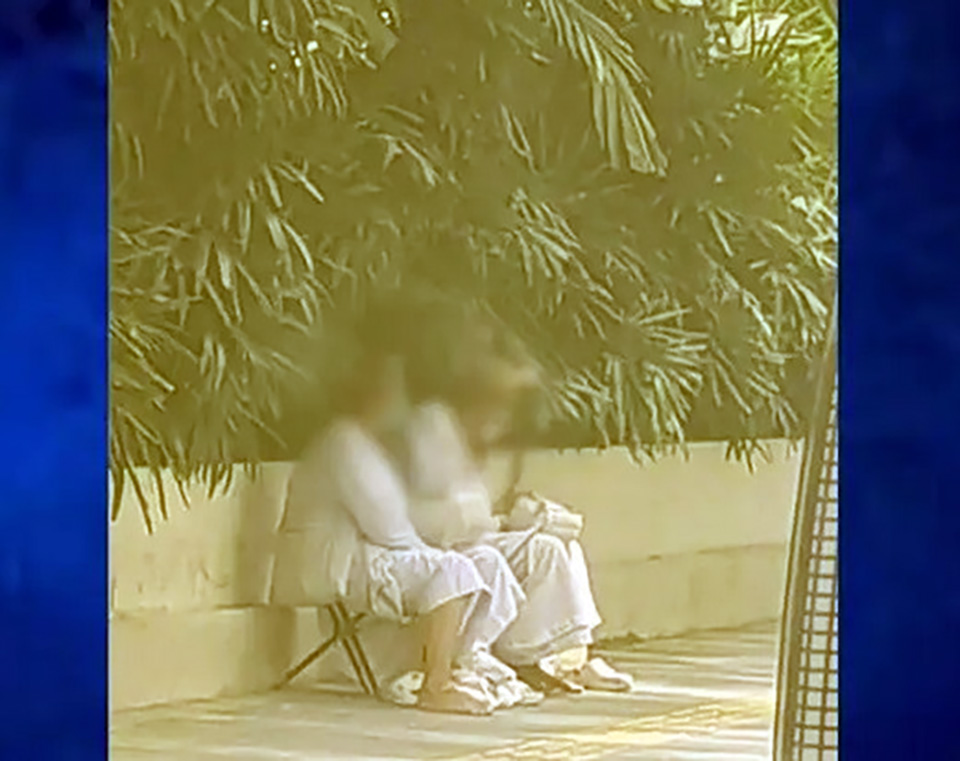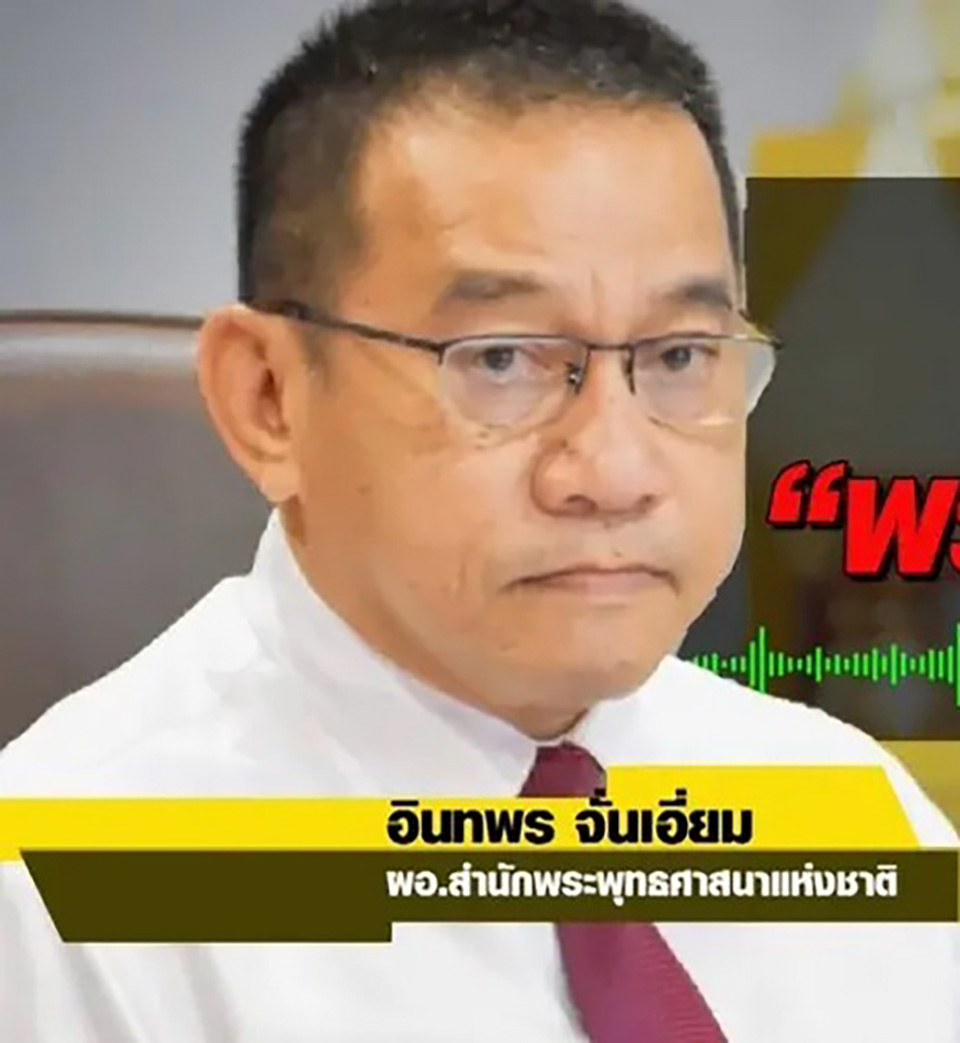
BANGKOK, Thailand – Two women dressed as Buddhist nuns, with shaved heads and wearing white robes, were spotted soliciting money from passersby and tourists in the bustling Ratchaprasong area of Bangkok at around 4 PM on September 9. Positioned in front of a five-star hotel near the Erawan Shrine, a popular location frequented by tourists, the women were seen holding alms bowls but asking only for monetary donations, not food offerings. Their activity, conducted throughout the day, generated a steady stream of donations.
The women were observed walking through the Ratchaprasong district in the morning, engaging with street vendors and business operators to collect money. In the afternoon, they remained stationed in front of the hotel, soliciting donations from the crowds. Their actions prompted concerns, as alms collection traditionally involves receiving food, not money.
In response, Inthaporn Jan-iem, Director of the National Office of Buddhism, explained that only ordained monks who are officially affiliated with a recognized temple are allowed to perform alms rounds. According to Buddhist practice, alms should be collected early in the morning, typically between 7:00 and 7:30 AM. Any solicitation of money after this time or by individuals not legally recognized as monks is considered improper.

Inthaporn also emphasized that while Buddhist nuns often play a role in spiritual communities, they do not have the same legal standing as monks in Thailand. Consequently, they are not permitted to participate in alms collection. If they engage in such practices, particularly requesting financial contributions instead of food, it could be considered a violation of Buddhist customs and may mislead the public.
The National Office of Buddhism urged the public to report any suspicious activities or breaches of religious guidelines involving solicitation under the guise of religious practice. Citizens are encouraged to contact law enforcement, city officials, or the National Office of Buddhism’s hotline at 1374 if they witness such behavior.
Furthermore, Inthaporn clarified that religious institutions are strictly prohibited from engaging in public fundraising or delegating others to collect money on their behalf, except under specific circumstances such as annual religious festivals held within temple grounds. In cases where fundraising outside the temple is necessary, such as for building or restoration projects, it must comply with strict guidelines, including obtaining formal approval from relevant religious authorities. (TNA)









